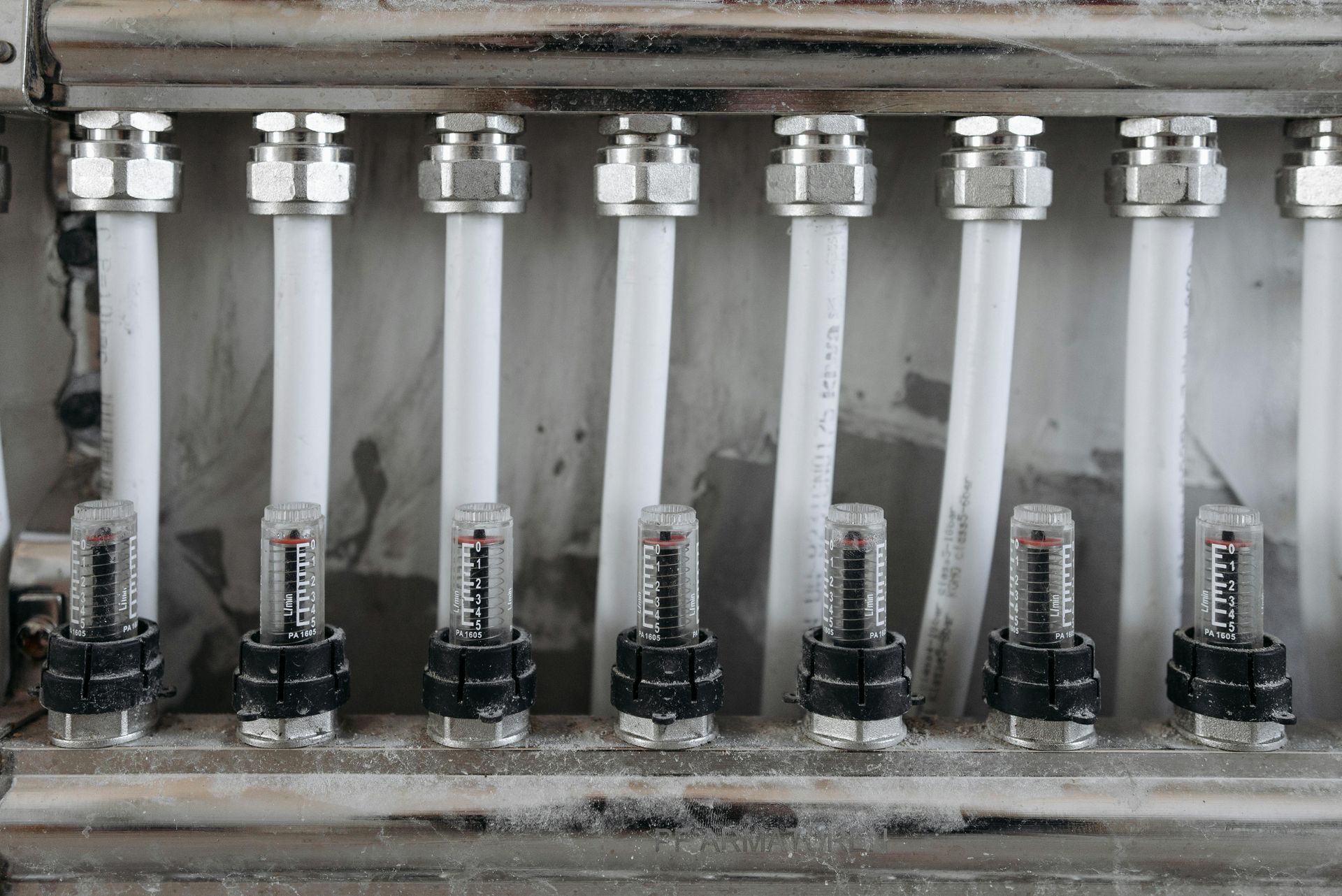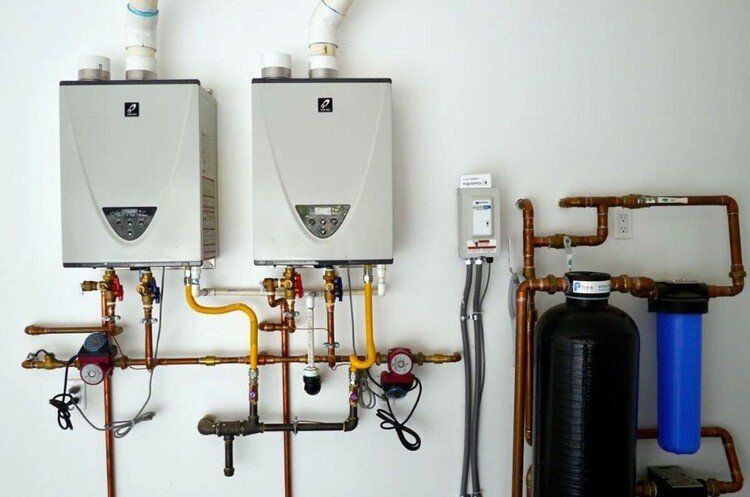The Difference Between A Plumber And A General Contractor
Understanding the distinction between a plumber and a general contractor is essential for homeowners and businesses when planning construction, renovation, or maintenance projects. Each professional plays a unique and complementary role in the building process that ranges from specialized technical tasks to broad project management. This detailed article delves into the core differences between plumbers and general contractors, how their responsibilities and expertise diverge, and why engaging professionals such as All City Plumbers ensures top-quality work tailored to your needs.
Roles and Responsibilities of a Plumber
A plumber is a skilled tradesperson specializing in the installation, repair, and maintenance of plumbing systems, including water supply lines, drainage systems, fixtures, and appliances. Plumbers handle practical, hands-on tasks such as fixing leaks, unclogging drains, installing sinks, toilets, water heaters, and repairing or replacing sewer lines. Their expertise might extend to installing or servicing garbage disposal units, where understanding the role of horsepower in garbage disposal efficiency is essential to selecting the right device for a household’s needs.
Plumbers focus on the health and safety of water flow and wastewater removal, ensuring systems comply with local plumbing codes and operate efficiently. While they can work on residential or commercial projects, their engagements typically involve direct service calls, maintenance, or smaller-scale installations rather than entire building projects.
Roles and Responsibilities of a General Contractor
The general contractor, by contrast, assumes a broader, more comprehensive role in a construction or renovation project. They oversee the entire process, managing multiple trades, timelines, budgets, and coordination between subcontractors. General contractors plan and execute building projects from start to finish, including securing permits, hiring tradespeople such as plumbers, electricians, and carpenters, and ensuring adherence to building codes and safety regulations.
Unlike plumbers who concentrate on specific system components, general contractors handle project management, problem-solving, and logistical coordination to keep projects on schedule and within budget. They act as the authoritative liaison between clients, architects, suppliers, and workers to ensure a smooth and successful construction process.
Overlapping Areas and Collaboration
While the plumber and general contractor have distinct scopes, their work often intersects during building or remodeling projects. A general contractor typically hires plumbers to install or repair plumbing systems based on project plans. Clear communication between the two roles is crucial to integrate plumbing work seamlessly within the larger construction context.
For example, when a plumber from a trusted service like All City Plumbers is engaged, they bring specialized skill to install or upgrade garbage disposal systems, considering factors such as the role of horsepower in garbage disposal to match household requirements and system capacity. The general contractor, meanwhile, ensures such installations fit into the overall project timeline and compliance framework.
Licensing, Training, and Expertise Differences
Plumbers undergo technical training and licensing focused specifically on plumbing systems, water supply, and waste removal. Their certification validates expertise in handling water pressures, pipe materials, and system repair safely and effectively.
General contractors usually have broader construction knowledge, often holding licenses that cover multiple building trades. Their experience encompasses project management, scheduling, procurement, and legal compliance across all aspects of building works.
When to Hire a Plumber vs. a General Contractor
For plumbing-specific issues such as repairing leaks, installing fixtures, or servicing garbage disposals, hiring a qualified plumber is the appropriate choice. Homeowners benefit from their focused expertise and practical solutions.
For larger-scale construction or remodeling projects that involve multiple trades, structural changes, or new builds, a general contractor provides the necessary oversight and coordination to deliver the project successfully. They subcontract specialized trades, including plumbers, to perform required technical tasks.
Conclusion
The difference between a plumber and a general contractor lies in their scope, responsibilities, and role within construction and maintenance projects. Plumbers focus on the detailed technical aspects of plumbing systems, such as understanding the role of horsepower in garbage disposal performance, while general contractors manage the entire building process from planning to completion.
Engaging professionals such as All City Plumbers ensures that specialized plumbing work is performed with skill and precision, complementing the broader project management provided by the general contractor. Recognizing these distinctions empowers clients to make informed hiring decisions and achieve seamless, high-quality outcomes in their home or commercial projects.











